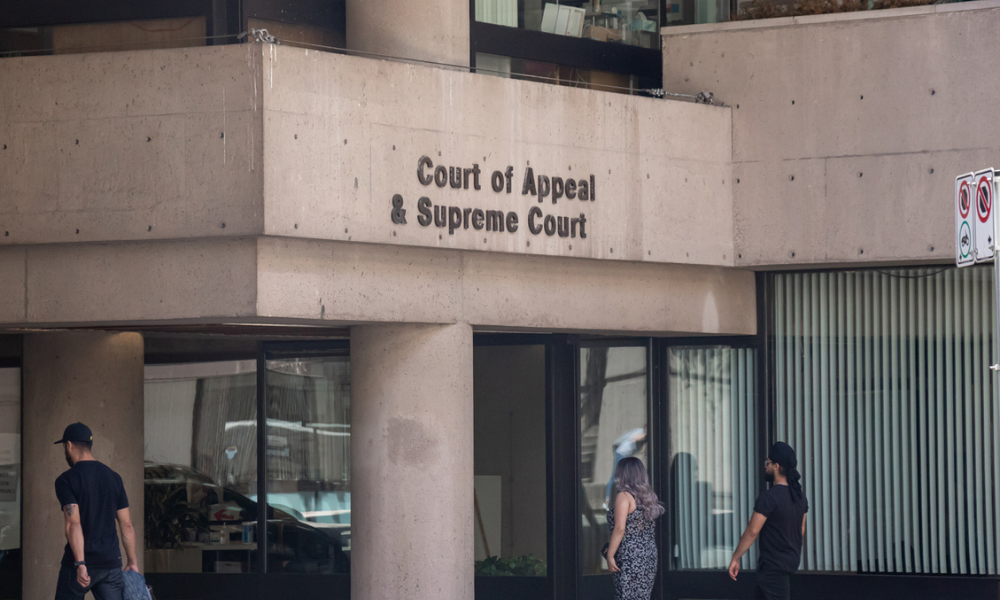
Filings began with an eviction case in 2012

The Court of Appeal for British Columbia has issued a vexatious litigant order against a woman who repeatedly filed the same meritless claims with the court.
In Curic v. Rainbow’s End Housing Co-operative, 2021 BCCA 380, the appellant lost an eviction case against the respondent in 2012 and was ordered to give vacant possession. Her review of the eviction was dismissed. On appeal, she applied for a no fees order which was denied on the basis that the appeal lacked merit, and the appeal was later dismissed as abandoned in 2014.
The appellant again commenced proceedings for the same case in 2018 but was dismissed because it was barred by the limitation period and because the issues had already been decided and could not be reheard. Her appeal before the Supreme Court of British Columbia was also dismissed. The appellant filed a notice of appeal with a no fees application but was again denied due to lack of merit.
In 2021, the Court’s registry sent the appellant a letter advising her that her appeal had been placed on the inactive list. If she did not apply to have the matter removed, the appeal would stand dismissed as abandoned.
Then, the appellant filed a notice of motion to remove her appeal from the inactive list. However, the judge concluded that it was not in the best interests of justice to reactivate the appeal.
The appellant now asks the Court to review the dismissal. The respondent applied for a vexatious litigant order under s.9(6) of the Court of Appeal Act, RSBC 1996, c 77, so that the appellant cannot commence any further proceedings against the respondent in the Court without leave. The respondent alleged that the appellant had habitually, persistently and without reasonable cause, commenced vexatious proceedings against them in the Court.
In ruling on the appeal, the Court dismissed the review application, finding no fault in the judge’s reasoning.
As to the respondent’s application for a vexatious litigant order, the Court ruled that considering the appellant’s history, the appellant meets the definition of a vexatious litigant. “Where such conduct remains unchecked, it can have the effect of undermining respect for the courts and thus may negatively impact the administration of justice,” said the Court. Thus, the Court issued the vexatious litigant order.
However, while the appellant must not bring any further proceedings against the respondent in this Court without leave, she is not prohibited from responding to any applications brought to this Court by the respondent. “The order prevents [her] from initiating proceedings in this Court, not responding to them,” said the Court.